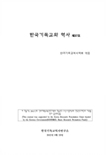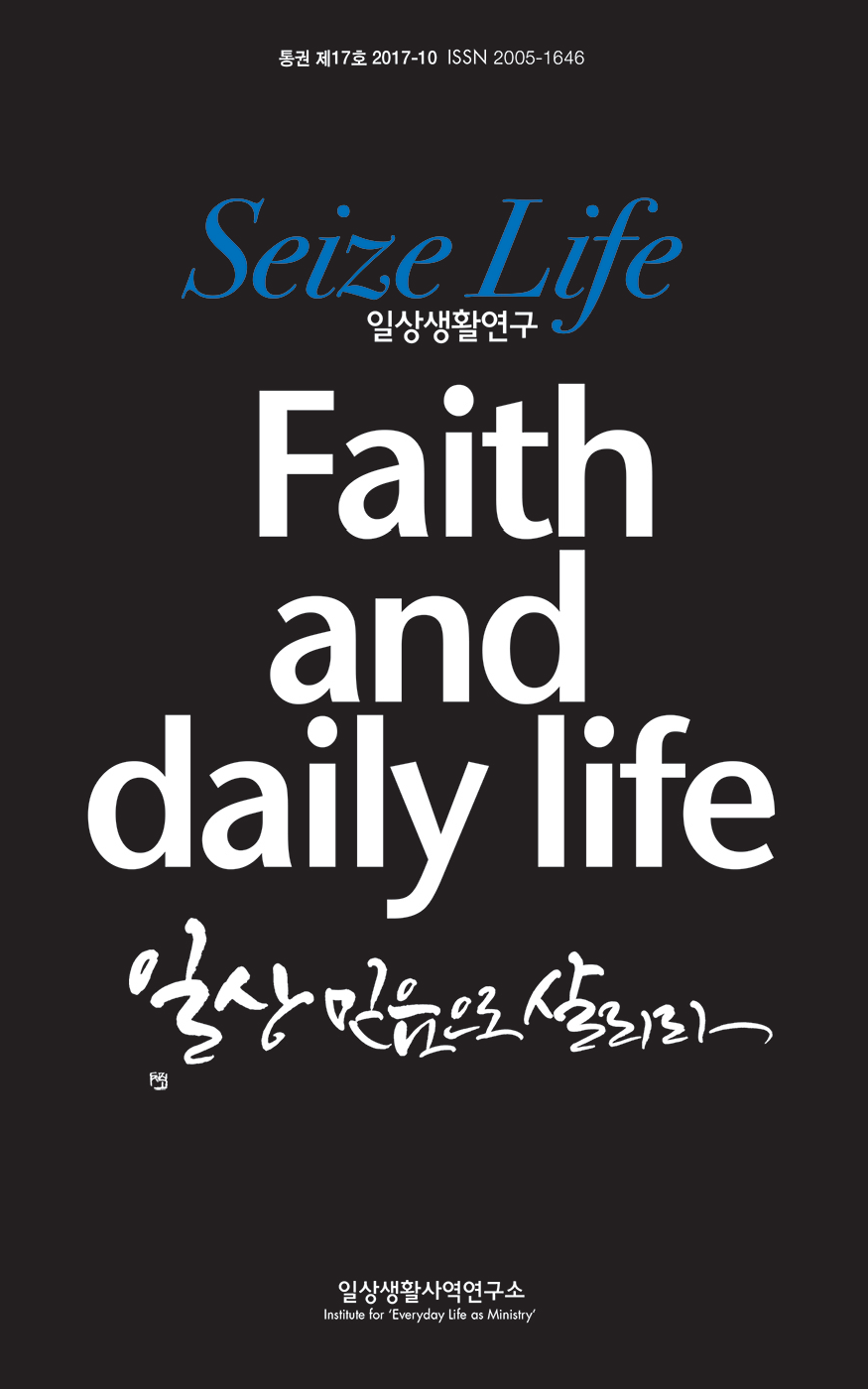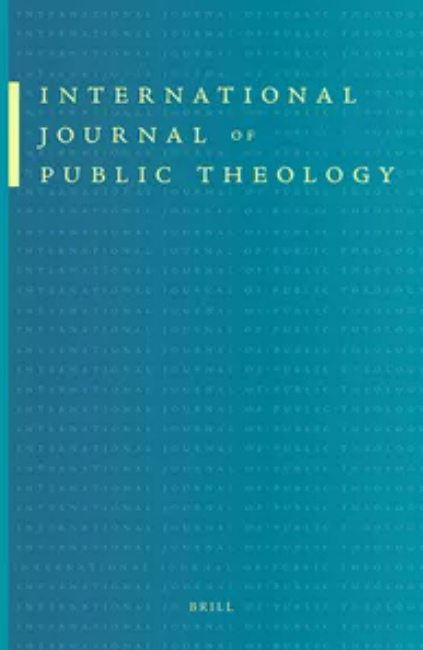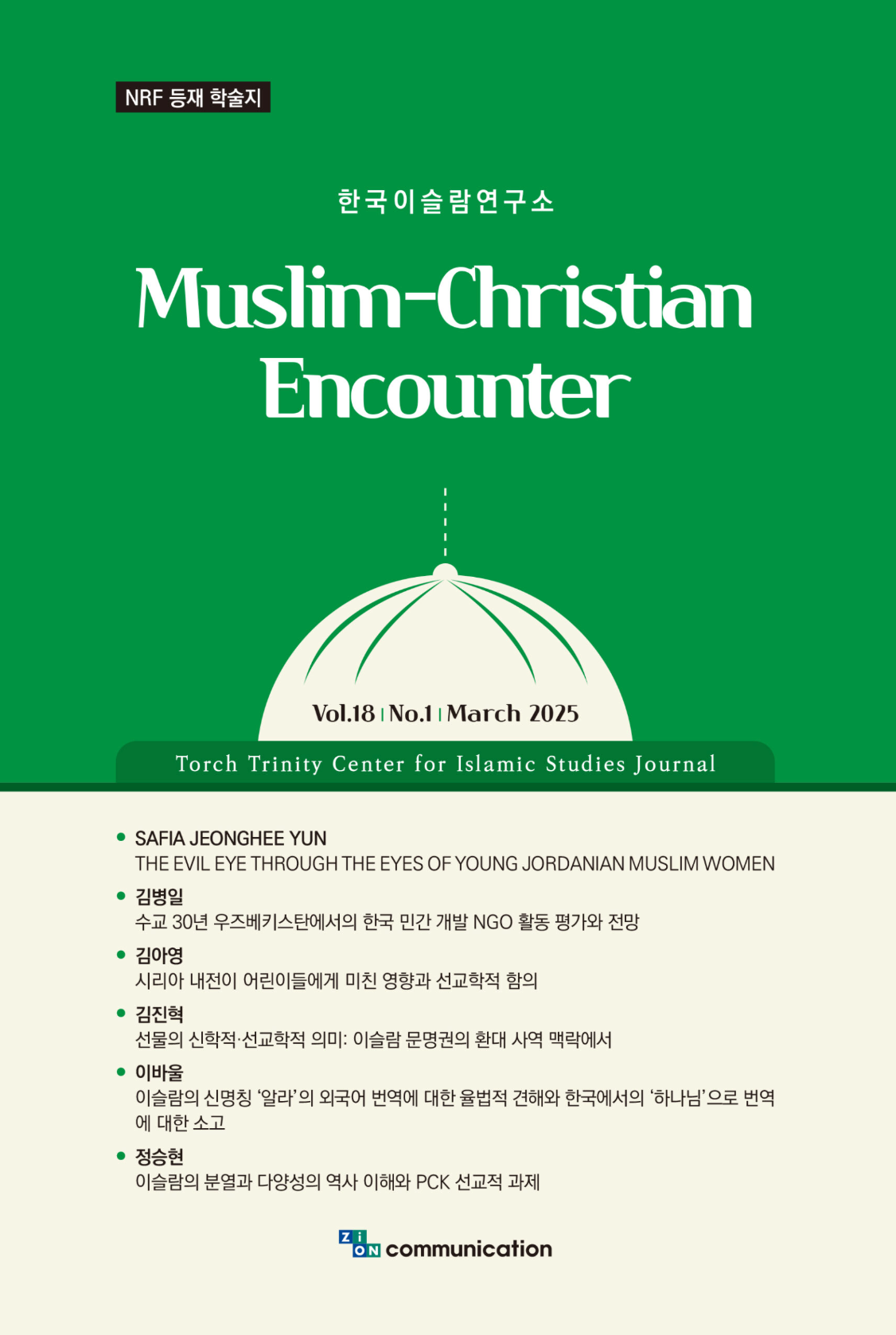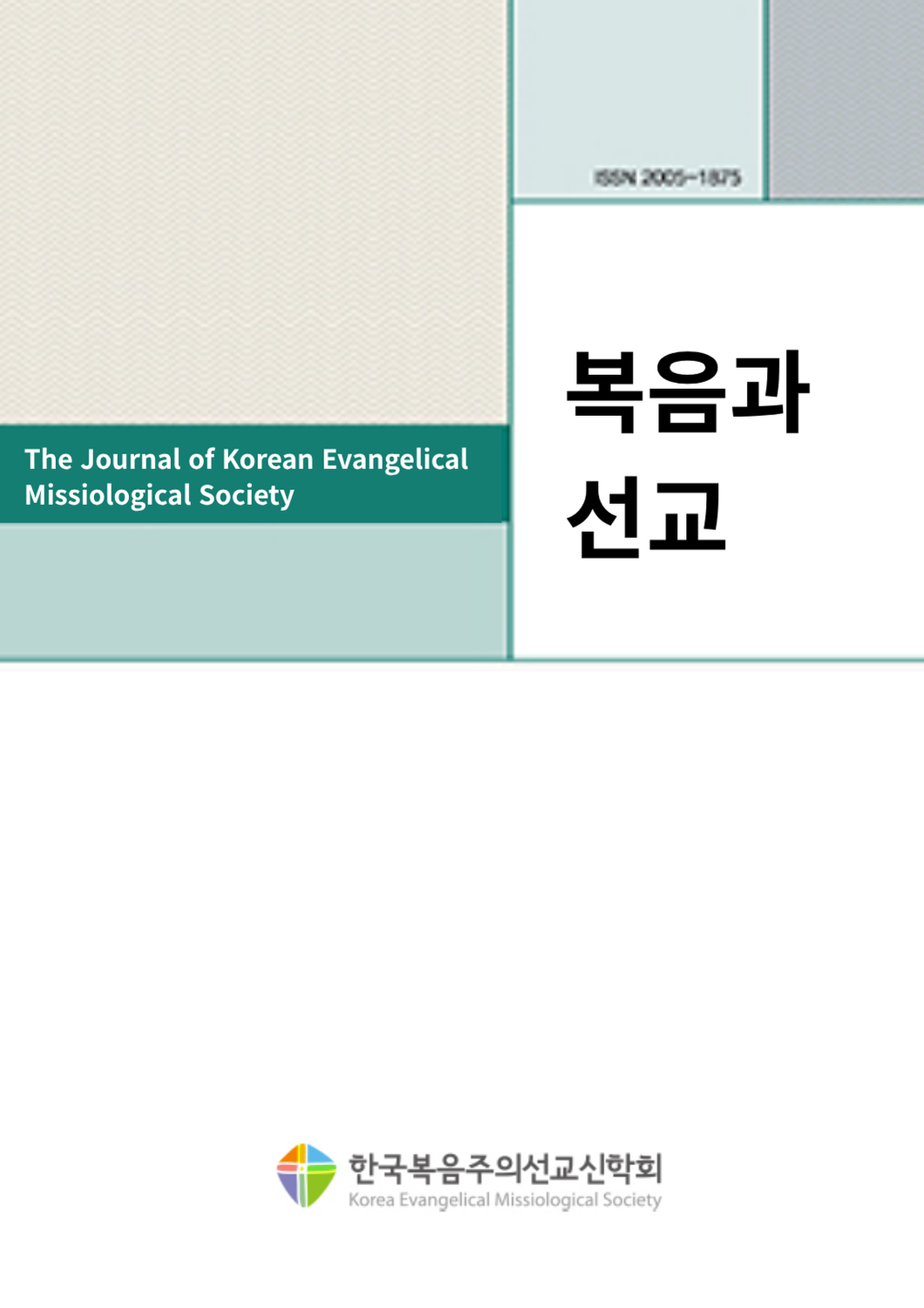김구는 1902년 전후 기독교를 수용하였다. 그는 신앙으로서만이 아니라 국권회복의 방편으로 기독교를 받아들여, 황해도에서 교육계몽운동에 진력하였다. 그는 종교와 교육을 통하여 기독교 신앙을 생활화하고자 한 것으로 보인다. 그러나 1911년 안악사건으로 투옥된 이후 심리적 전환을 가져와, 기독교에 기반을 둔 도덕적인 생활태도와 신앙이 약화되었다. 그에 비하여 모친과 부인은 기독교 신앙을 충실히 지켰다. 3ㆍ1운동 직후 상해로 망명하여 대한민국임시정부에 몸을 담은 김구는 기독교계와 밀접하지는 못하였지만, 일정한 관련은 유지하였으리라 짐작된다. 그러나 한인교회에 출석하지는 않았다. 1932년 4월 윤봉길의거로 상해를 떠나 여러 곳을 전전하다가 중경에 정착한 뒤에도, 김구는 기독교 신앙이나 활동과 무관하게 지냈다. 다만 그의 모친은 기도를 생활화한 신앙을 지키고 있었다. 1945년 11월 해방된 고국에 돌아온 이후, 김구는 중국에서와는 달리 기독교인으로 교회에 출석하며 친기독교적인 행보를 보였다. 개인적인 행사도 기독교식으로 치렀고, 기독교에 대한 애정을 드러냈다. 그러나 그는 기독교만을 중시하거나 우선하는 편향성을 지니지 않았다. 민족적 관점을 중시하였으며, 종교 간의 조화로운 발전을 기원하였다. 즉 그는 한 종교를 국교로 삼아 국민의 신앙을 강제하는 것은 옳지 않고, 유교ㆍ불교ㆍ기독교가 모두 발전하고 자유롭게 신앙을 가질 수 있는 나라가 되어야 한다고 강조하였다. 기독교는 그 자신이 신앙하는 종교였을 뿐이다. 김구에게 있어 기독교는 그의 생애에 중요한 전환점이었다. 그가 한말 민족운동에 참여한 배경의 하나는 기독교였다. 또 신민회와 안악사건으로 연결된 인물들은 임시정부에서 그가 활동하는 기반이 되었다. 그러면서도 그가 보인 종교적 관용성과 다양성은 오히려 그가 종교지도자가 아니라 민족지도자였음을 다시 한 번 보여주는 모습으로 이해될 수 있겠다.
Kim Koo turned Christian around 1902. As a means of recovering the sovereignty of the nation as well as a religion, Christianity drove him to concentrate on the educational enlightenment movement in the Hwang-hae province. He appeared to make Christianity a way of life both in religious and educational arenas. However, he turned back from Christianity when he was put in jail for the An-ak incident in 1911. It also led to deteriorate his Christian morality. Unlike him, his mother and wife sustained the faith of Christianity to the end. It is believed that Kim Koo had not so close but a certain extent of relationship with the Christian community when he exiled to Shanghai and worked for the Provisional Government of the Republic of Korea right after the 3ㆍ1 independent movement. However, he appeared not to attend any church. He neither presented Christianity nor participated in any activities related to churches while the patriotic deed of Yoon Bong-gil moved him from Shanghai to Chongqing. During these days, his mother had lived a sincerely committed Christian life with daily based prays. After Kim Koo returned to the liberated Korea in November 1945, he demonstrated pro-Christian moves unlike his days in China. He hosted his personal ceremonies in the Christian manner associated with his affection for Christianity. Even though, he disapproved the idea that Christianity should be the one and only religion in Korea. He rather suggested that national viewpoints should be counted as well as balanced approach to the diverse religions. This means that his emphasis seemed not to be on the Christianity as a state religion but on prosperity and freedom of religions such as Confucianism, Buddhism, and Christianity. It seems that Christianity provided a turning point to Kim Koo. It is grounded on the fact that Christianity was the main background for him to participate in the national movement. People associated with Shinmin-hoe and the An-ak incident provided the human resource to him in the time of the Provisional Government of the Republic of Korea. However, his religious tolerance and pluralistic attitude highlights his leadership as a nationalist rather than a spiritual leader.


